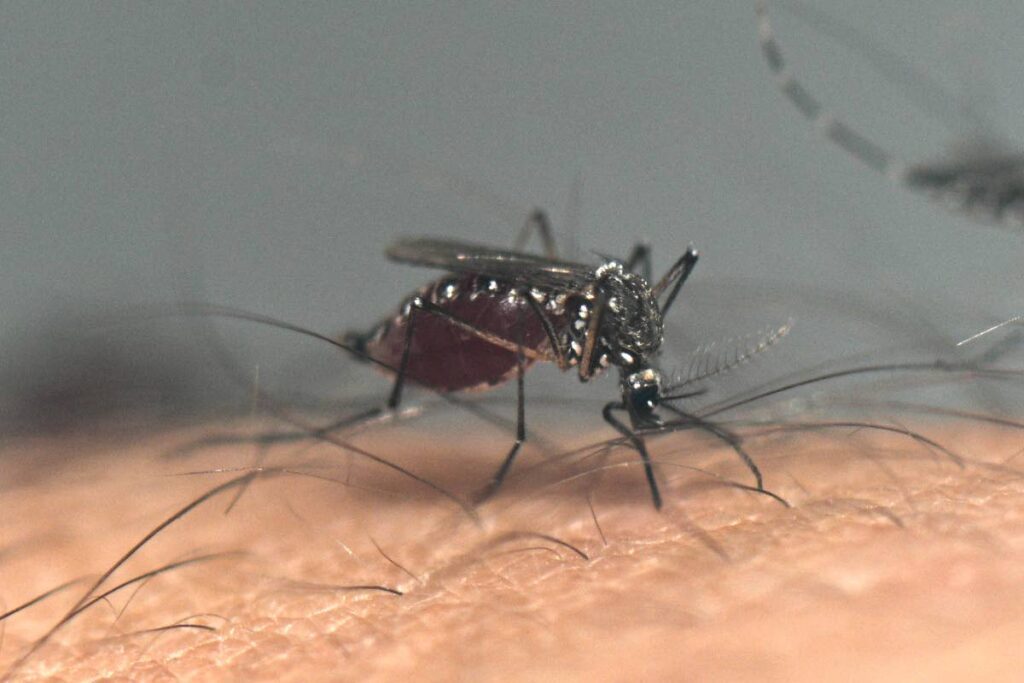Eight more dengue cases detected

The Health Ministry has said a further eight cases of dengue have been reported since August 13, bringing the current total to 825 laboratory-confirmed cases. The death toll remains at eight.
In its epidemiological update on August 16, the ministry reminded the public that dengue may be spread by the bite of an infected
Aedes aegypti mosquito. It said symptoms appear within five-six days of being bitten, last for one-two weeks and can include fever, headaches (sometimes severe), pain behind eyes, muscle and joint pains, skin rash, nausea and/or vomiting, and diarrhoea.
The ministry said anyone showing signs or symptoms of dengue fever should seek immediate medical treatment at their doctor or the nearest health facility.
On August 13, Health Minister Terrence Deyalsingh said testing would be carried out for the Oropouche virus, although cases had not yet been detected.
Beware Oropouche virus
According to the Pan-American Health Organization (PAHO), the Oropouche virus (OROV virus is transmitted to humans primarily through the bites of an insect commonly known as a midge, as well as by the Culex mosquito.
PAHO said it was first detected in TT in 1955 (hence the name), and, since then, sporadic outbreaks have been documented in several countries in the Americas, including Brazil, Ecuador, French Guiana, Panama and Peru.
Recently, an increase in cases has been observed in the region, along with several deaths. PAHO issued epidemiological alerts to member states on July 17 and August 1.
After an incubation period of five-seven days, symptoms include sudden onset of fever, severe headache, joint and muscle pain, and, in some cases, rash, photophobia, diplopia (double vision), nausea, vomiting and diarrhoea. Symptoms may last five to seven days. While most patients recover without ongoing effects, in a small number of instances, complete recovery may take several weeks. Rarely, severe cases of aseptic meningitis may occur.
PAHO said during the first week of the disease, the main differential diagnosis is dengue infection. In the second week of the disease, the clinical differential diagnosis should consider the possibility of meningitis and encephalitis.
PAHO said there are currently no vaccines or specific antiviral drugs available to prevent or treat OROV infection. The treatment approach is palliative, focusing on pain relief, rehydration and control of any vomiting that may occur. In situations where the disease manifests itself in a neuroinvasive form, the patient will need to be admitted to specialised units that allow constant monitoring.

Comments
"Eight more dengue cases detected"